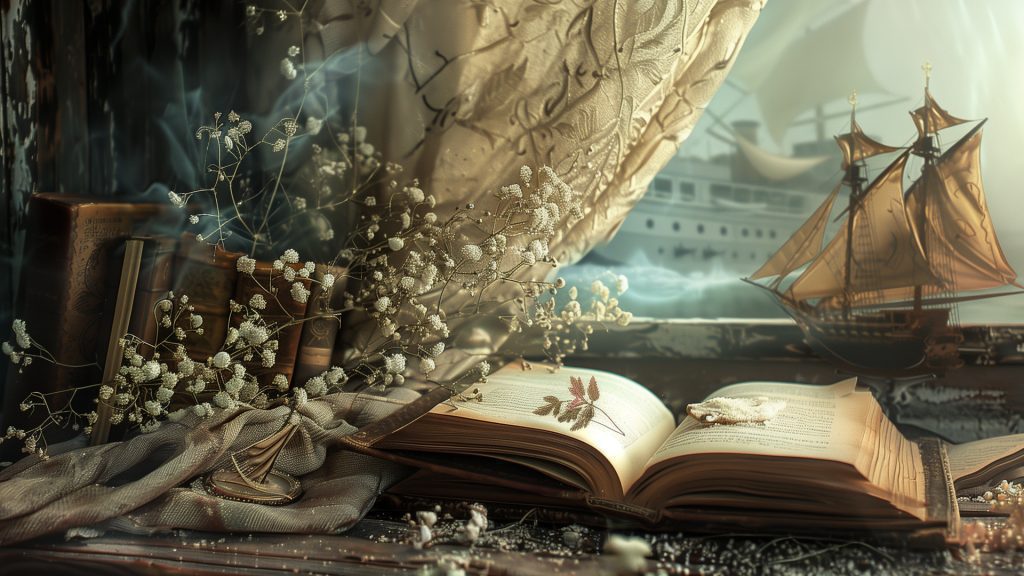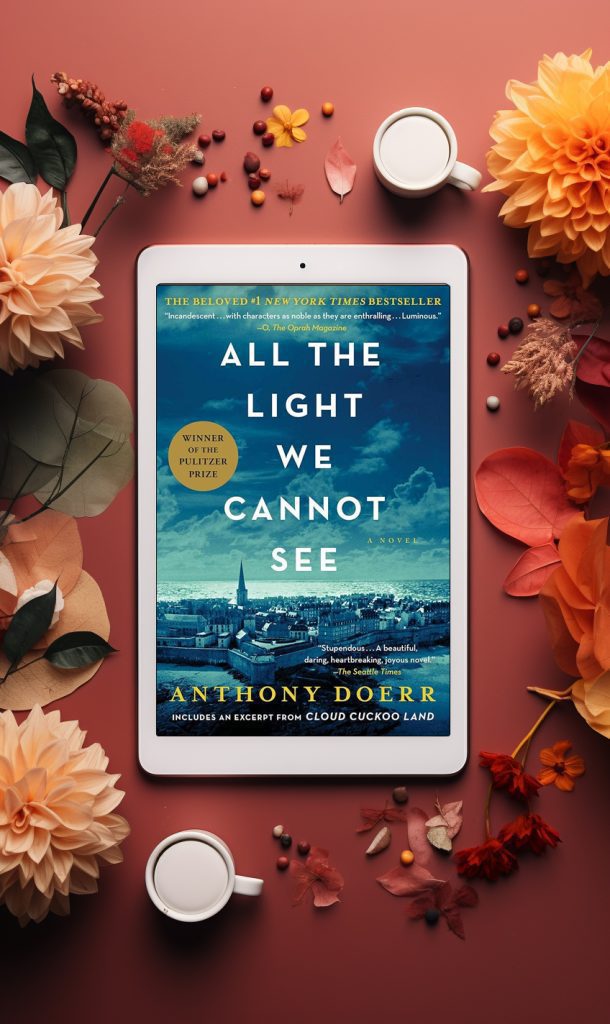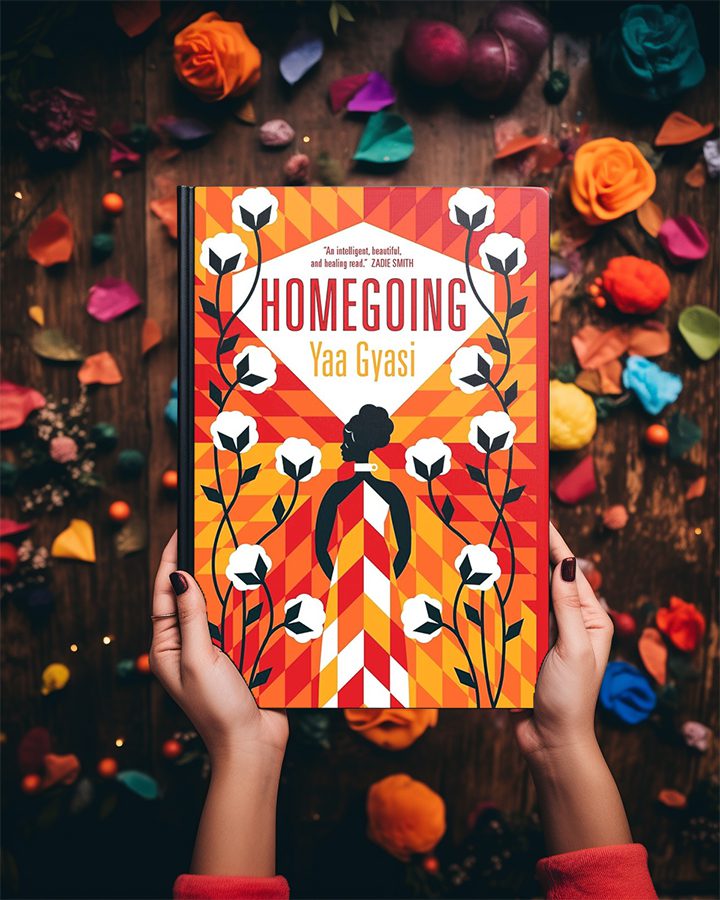As we continue to dive into historical fiction this month, I thought it would be helpful to tackle one of the most looming questions of the genre: why exactly does it matter so much?
Whether you’re a skeptical reader who needs convincing or a diehard fan who passionately advocates for historical fiction, I am hopeful this article can provide some new insight into why historical fiction is so important.
Let’s take a look.
What Is Historical Fiction?

Before we go any further, we should make sure we’re all on the same page about just what kind of literature we’re talking about. If you haven’t listened already, check out our recent podcast episode on historical fiction for a fun overview.
(Spoiler alert: the definition is not as clear as we’d initially thought!)
So while there is some wiggle room regarding what actually counts as historical fiction, most critics agree that it’s a genre of fiction writing set in a real-life historical context. It might feature real events and even real-life characters, but the story itself is either fictional or its details are embellished.
Some of the more famous examples of historical fiction in literature include novels like The Book Thief by Markus Zusak and Pillars of the Earth by Ken Follett. And, in the world of series, we can consider shows like Chernobyl and The Gilded Age to be notable works of historical fiction (which, when onscreen, is also called historical drama).
Now that we’ve got that definition out of the way, let’s take a look at some of the insights that historical fiction has to offer readers, and why it matters as a genre.
Educating Us On The Past

Perhaps most obvious among the strengths of historical fiction is its ability to enlighten readers about the past. Through compelling narratives, engaging characters, and interesting plotlines, historical fiction can be an invaluable tool for better understanding important events, periods, and figures that have shaped our world.
This strength is multidimensional, too. A character-driven historical novel like Wolf Hall can offer us important insights into real-life historical figures, bringing them and their possible motivations and experiences to life. A novel focused more on a historical event, however, such as Michael Shaara’s The Killer Angels, can be a great tool for better understanding a specific moment in history.
Finally, books focused more on a general period, such as Anthony Doerr’s moving success All The Light We Cannot See (now streaming as a Netflix series!), can be powerful viewpoints into a broader historical timeframe and context.
In short: historical fiction is a pretty powerful tool for teaching us about the past.
RelatedHistorical Fiction: Breaking Down the Genre
Making History More Relatable

ISBN: 9780062424037
In addition, reading historical fiction is a great way to make history seem more relatable. I don’t know about you, but when I was in school, there were plenty of moments in history class where what I was learning didn’t seem real or relevant. I had no means of understanding a lot of American history, for example, because there was no emotional connection.
Reading historical fiction, however, quickly changed that. I remember cracking open Laurie Halse Anderson’s fantastic young adult novel Fever 1793, and suddenly I was immersed. The stakes became higher because history was no longer an abstract idea: it was happening to characters I cared about. And for readers of all ages, that is a powerful tool.
RelatedFiction and Nonfiction: Understanding 5 Key Differences
Providing Context For The Present

A third aspect of why historical fiction is important is its ability to provide critical context for our present-day world and surroundings.
Novels like Yaa Gyasi’s Homegoing, which could be considered historical fiction, are crucial. It follows eight generations of the same family, from eighteenth-century Ghana to the modern day. A powerful story about the echoes of the slave trade, it gave me a much deeper understanding of systemic racism in modern society.
That ability to challenge our perceptions of our contemporary world is priceless.
Preserving Cultural Heritage

Historical fiction is also essential for its capacity to preserve customs and traditions from the past.
The novel Bound by Donna Jo Napoli is a fantastic example of a book that provides insights and documents cultural heritage from the past. It details the complexities of gender roles in ancient China, including the practice of footbinding, which has almost entirely died out in the last century. Historical fiction works like this one provide a link to our past, allowing us to maintain institutional memory of how things used to be — for better or for worse.
RelatedTop 5 Great Nonfiction Books For Teens
Empowering Imagination And Critical Thinking

Finally, historical fiction is important for its ability to empower our imaginations and our critical thinking skills. Like most types of literature, historical fiction is an outlet for our minds to play, to wonder, and to assess. By reading historical fiction, we can become better problem-solvers, more empathetic friends, and more aware members of society. That, I’d argue, is a strength you can’t put a price tag on.
No matter what your thoughts are on historical fiction, I hope you’ve been swayed in the direction of the genre. (And if you’re looking for recommendations, I’ve got you covered.)
From dedicated fans to casual readers, it’s pretty clear to me that historical fiction has something to offer to everyone.













